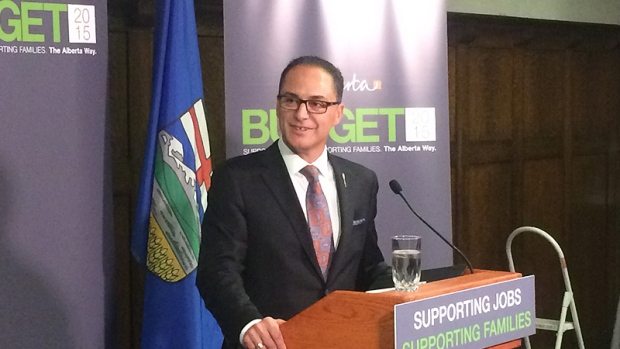Alberta’s budget is going heavily into the red to deal with the economic downturn. Borrowing will almost double by 2018 as the province moves to be almost $58 billion dollars in debt within three years. The deficit this year is $10.4 billion. Finance Minister Joe Ceci says they don’t want to make any reckless or extreme cuts to services and investments.
“With the lowest debt-to-GDP ratio in Canada, and with community infrastructure throughout Alberta in desperate need of attention, failing to act would leave a terrible legacy of over-crowded classrooms, longer healthcare wait lists, and decaying infrastructure.”
One of those infrastructure projects is the completion of the Highway 43X bypass around Grande Prairie. The capital plan commits $54 million of the next two years to the project. Also included is $337 million over the next four years for the Grande Prairie Regional Hospital and $160 million for a twin bridge in Peace River.
However, several Peace region projects are going unfunded. There’s no money for the modernization of St. Patrick School in Grande Prairie or the replacement of Grande Prairie Composite High. Peace Wapiti School Division’s request for a new K-8 school in Heritage Heights or Flying Shot Lake isn’t going through, and there’s no funds for permanent supportive housing in Grande Prairie.
“In the past year and a half, the price of oil has dropped by over two-thirds,” says Ceci. “In Alberta, we’re used to volatile oil markets, but this price bust is the most dramatic in generations. It is causing tremendous economic pain and anxiety.”
Instead of making major cuts to public services and investments, the province is trying to reduce the cost of government. That includes amalgamating or dissolving 26 agencies , boards and commissions to save $33 million over three years, and cutting salaries and supplies in departments by two per cent to save another $121 million.
When the carbon tax is brought in on January 1, 2017, it will cost a household earning more than $100,000 about $500 a year by 2018. Couples earning less than that and individuals earning less than $51,000 will get that back in a rebate.



